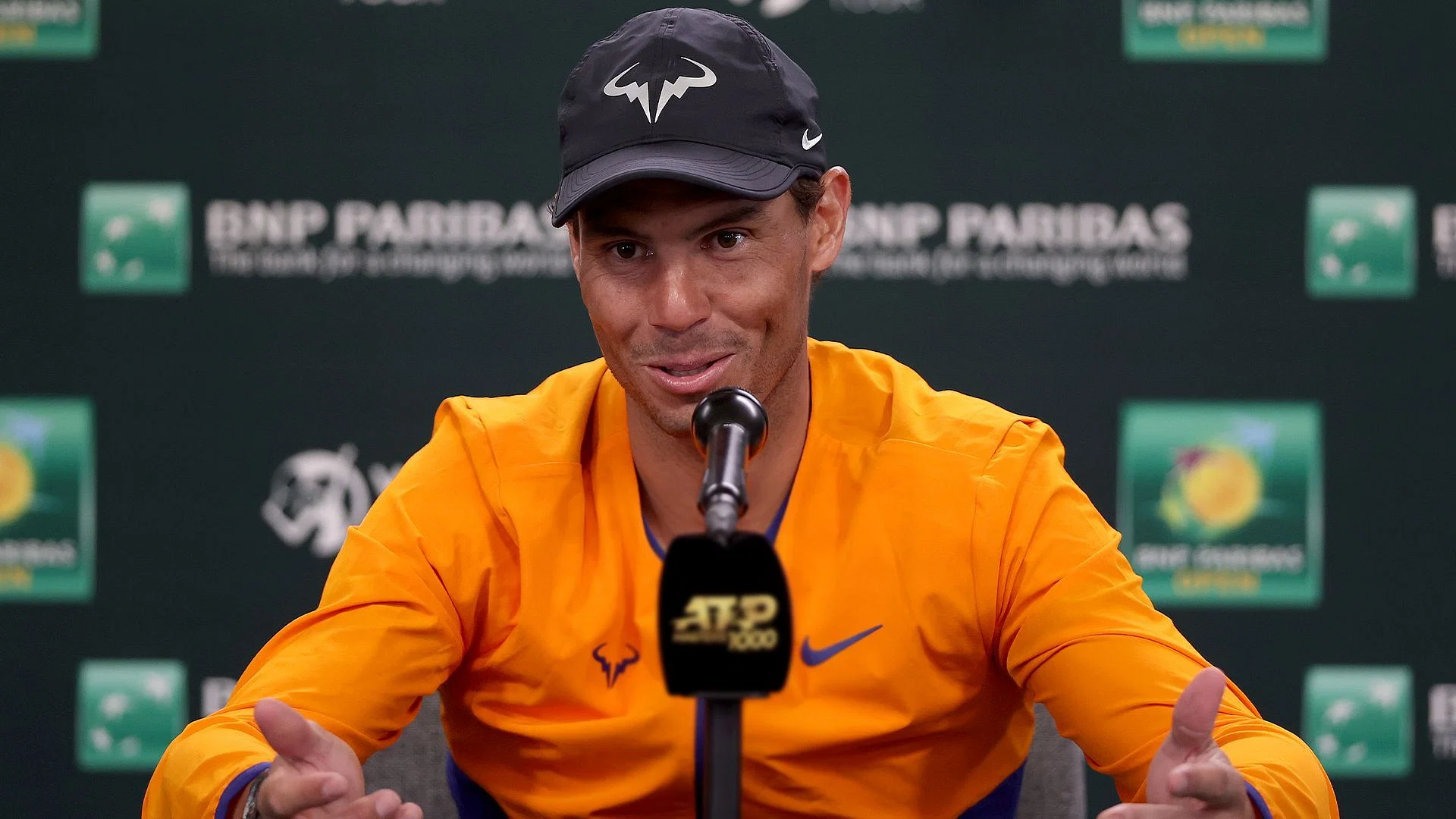
Rafael Nadal, one of the most iconic figures in the world of tennis, has recently raised concerns about the scheduling for the upcoming Paris 2024 Olympics.

As an athlete who has consistently demonstrated excellence on the court, his opinions carry significant weight within the sports community. This raises the question: Are Nadal’s complaints about the Olympic scheduling valid?
The Context of Nadal’s Concerns
To understand Nadal’s concerns, it is essential to look at the broader context of Olympic scheduling and its impact on athletes. The Olympic Games are a massive global event that involves meticulous planning and coordination. However, the scheduling of events can often lead to conflicts and challenges for athletes who are already managing rigorous training and competition schedules.
For tennis players, the Olympic Games present a unique challenge. Unlike other sports that have a dedicated season, tennis is played year-round, with players participating in tournaments across the globe. This non-stop schedule leaves little room for rest and recovery, making the timing of the Olympics particularly critical.
The Specifics of the Paris 2024 Schedule
Nadal’s primary concern revolves around the timing of the tennis events at the Paris Olympics. The tennis competition is scheduled to begin just a few weeks after Wimbledon, one of the four Grand Slam tournaments. Wimbledon, held on grass courts, requires a different set of skills and physical demands compared to the hard courts that will be used in Paris.
Transitioning between these surfaces in such a short period can be challenging for players, both physically and mentally. The strain of competing at Wimbledon, followed by the quick turnaround to the Olympics, could potentially lead to fatigue and an increased risk of injury.
The Impact on Athlete Performance
The physical and mental demands of professional tennis are immense. Players often push their bodies to the limit, and adequate rest and recovery are crucial for maintaining peak performance. The tight scheduling between Wimbledon and the Olympics may compromise players’ ability to perform at their best.
Moreover, the Olympic Games are a prestigious event, and athletes often view them as an opportunity to represent their countries and achieve a career milestone. For tennis players, balancing the importance of Grand Slam tournaments with the honor of competing in the Olympics is a delicate act. The current scheduling could force players to make difficult choices, potentially sacrificing performance in one event for the other.
The Broader Implications
Nadal’s concerns also highlight broader issues within the world of professional sports. The commercial demands and global nature of sports today often lead to congested calendars, with little regard for athlete welfare. The scheduling of major events like the Olympics should take into account the well-being of athletes, ensuring they have sufficient time to rest and prepare.
Additionally, the Paris 2024 Olympics will be held during the summer, a period known for its high temperatures in the city. Playing intense matches in potentially scorching conditions adds another layer of difficulty for athletes, further supporting Nadal’s concerns about the timing and scheduling of the event.
Possible Solutions
Addressing these concerns requires a collaborative effort between sporting bodies, athletes, and event organizers. One potential solution could be to adjust the start dates of the tennis events at the Olympics, allowing for a longer recovery period after Wimbledon. Another approach could involve revisiting the overall scheduling of the tennis season to create more flexibility around major tournaments and events.
Conclusion
Rafael Nadal’s complaints about the scheduling for the Paris 2024 Olympics are rooted in legitimate concerns about athlete welfare and performance. The tight turnaround between Wimbledon and the Olympics, coupled with the demanding nature of professional tennis, presents significant challenges for players.
As the sports community continues to evolve, it is crucial to prioritize the health and well-being of athletes, ensuring that they can compete at their highest level while minimizing the risk of injury and burnout. The discussions sparked by Nadal’s concerns may serve as a catalyst for positive changes in how major sporting events are scheduled and managed in the future.
Leave a Reply